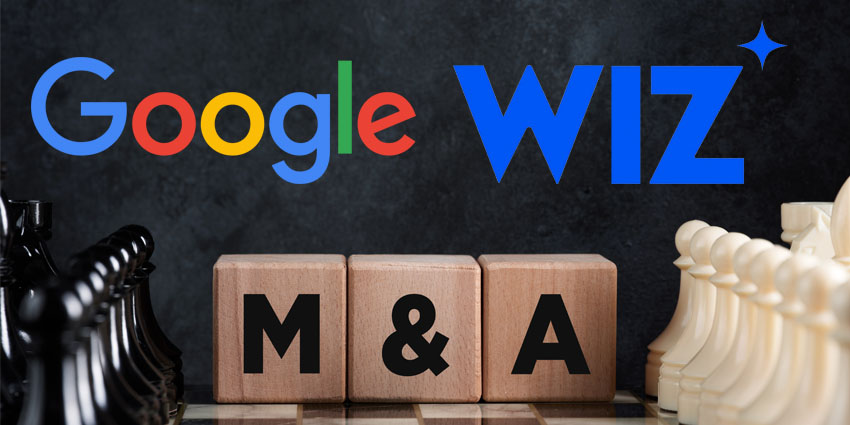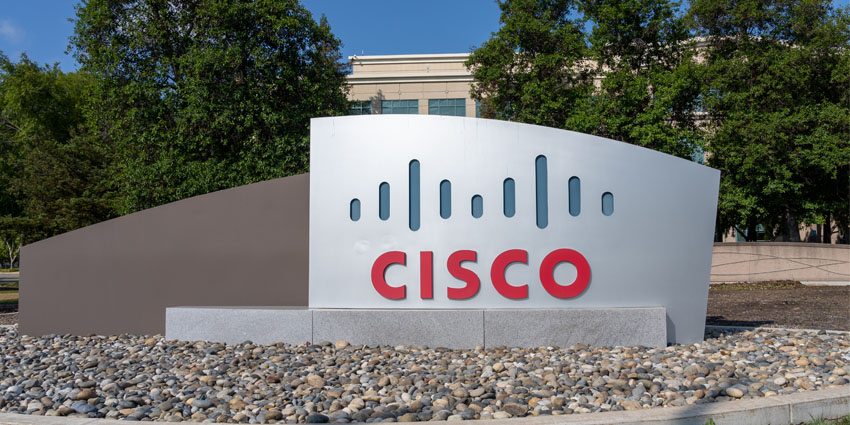Google parent company Alphabet is set to acquire cybersecurity business Wiz for a record-breaking $32 billion.
In what would be Alphabet’s biggest-ever deal, presuming it’s approved by regulators, the move illustrates Google putting its money where its mouth is in its cloud computing cold war with Amazon and Microsoft.
By acquiring Wiz, Google aims to enhance its cloud business with advanced AI-powered cybersecurity tools designed to help companies address critical vulnerabilities. This strategic acquisition positions Google to better compete in the booming market, driven by the increasing demand for Gen AI services like ChatGPT and the novel security and compliance challenges they pose.
Wiz’s acquisition, structured as an all-cash deal, comes after the company rejected a $23 billion offer from Alphabet last year. The decision was reportedly driven by concerns over potential antitrust hurdles and a strategic commitment to prioritising an initial public offering.
Upon the deal’s completion, Wiz will integrate into Google Cloud, a division that generated more than $40 billion in revenue in 2024 and has recently outpaced the growth of Google’s search business. Wiz’s offerings will continue to be available on all major cloud platforms. Alphabet expects the acquisition to finalise in 2026, contingent on securing regulatory approvals.
Wiz secured a $12 billion valuation in a funding round last May. The company collaborates with leading cloud providers—Amazon Web Services, Microsoft Azure, and Google Cloud—and serves a diverse client base, including Morgan Stanley, BMW, and luxury giant LVMH.
Cybersecurity has seemingly been pegged as a key market differentiator for Google moving forward. Last May, Google introduced Google Threat Intelligence, which merges an in-depth view of threats with Gemini’s AI capabilities to “supercharge” the process. Gemini, formerly Bard, is Google’s multimodal large language AI model developed to pinpoint security threats and produce summaries of its findings.
Google’s prioritisation of cloud security, at a time when Microsoft has been repeatedly criticised for its own security breaches, is part of a long-term strategy. In 2022, the tech giant acquired two security firms: the Israeli security startup Siemplify for $500 million and Mandiant for $5.4 billion.
How Might This Acquisition Impact Google Workspace Users?
The recent acquisition of cybersecurity firm Wiz by Alphabet signals a significant strategic move that could substantially enhance Google Workspace’s security posture. Wiz, known for its cloud security platform that provides comprehensive visibility across multi-cloud environments, brings powerful capabilities that could address growing concerns about data protection in collaborative work environments.
For IT and UC leaders, this acquisition likely means more robust, native security features within the Workspace ecosystem. Wiz’s technology excels at identifying misconfigurations, vulnerabilities, and threats across cloud services—capabilities that could be seamlessly integrated into Workspace’s existing security framework.
The timing is strategic, coming amid increasing regulatory pressure and high-profile breaches targeting cloud-based productivity suites. Workspace users may soon benefit from enhanced threat detection, more granular access controls, and improved compliance capabilities without sacrificing the platform’s hallmark ease of use.
However, questions remain about how quickly these integrations will materialise and whether they’ll require premium pricing tiers. IT leaders should monitor upcoming product announcements closely, as the full implementation roadmap will determine the real-world impact on security operations and budgets.
This acquisition represents Alphabet’s acknowledgment that security has become a primary differentiator in the productivity suite market, potentially narrowing Microsoft’s historical advantage in enterprise security infrastructure.







